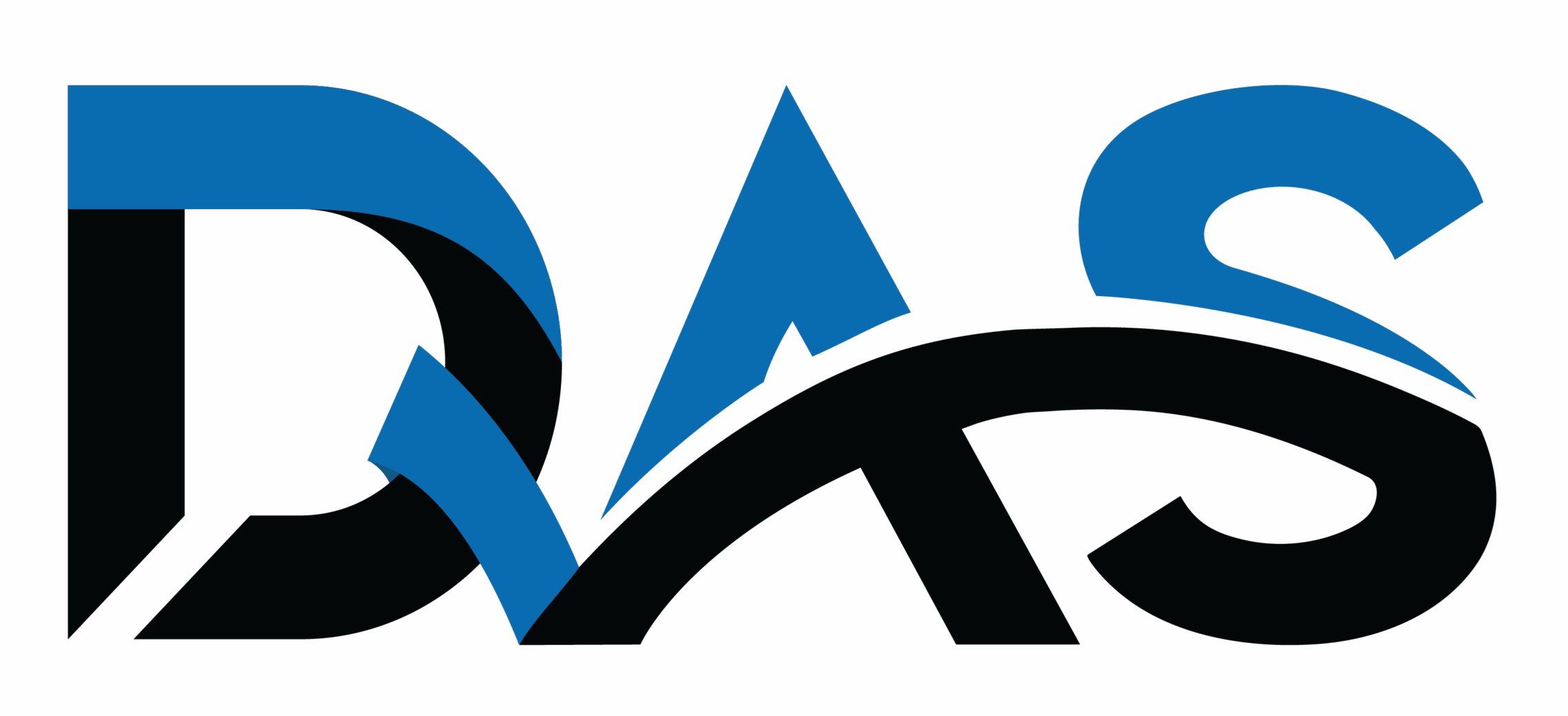- info@dasglobal.co.uk
- +44 735 6252644
- Home
- About Us
- Services
- Certification
- ISO 45001 OHSMS
- ISO 9001 Quality Certification
- ISO 14001:2015 EMS
- ISO 27001:2022 ISMS
- ISO/TS 16949:2016 Automotive
- ISO 20000-1:2018 IT Services
- 5S, 6S, 7S Certification
- ISO 22301:2019 BCMS
- ISO 50001:2018 Energy Management Systems
- ISO 31000:2018 Risk Management
- ISO 13485:2016 Medical Devices-QMS
- ISO 21001:2018 EOMS
- ISO 37001:2016 ABMS
- ISO 27701:2019 Privacy Management Systems
- ISO 42001:2023 Artificial Intelligence Management System
- ISO 28000 Supply Chain Security Management
- Training
- Certification
- Accreditation
- Contact
- Open Hours: Mon - Fri 09:00am - 05:00pm (BST)
- info@dasglobal.co.uk
- Home
- About Us
- Services
- Certification
- ISO 45001 OHSMS
- ISO 9001 Quality Certification
- ISO 14001:2015 EMS
- ISO 27001:2022 ISMS
- ISO/TS 16949:2016 Automotive
- ISO 20000-1:2018 IT Services
- 5S, 6S, 7S Certification
- ISO 22301:2019 BCMS
- ISO 50001:2018 Energy Management Systems
- ISO 31000:2018 Risk Management
- ISO 13485:2016 Medical Devices-QMS
- ISO 21001:2018 EOMS
- ISO 37001:2016 ABMS
- ISO 27701:2019 Privacy Management Systems
- ISO 42001:2023 Artificial Intelligence Management System
- ISO 28000 Supply Chain Security Management
- Training
- Certification
- Accreditation
- Contact
